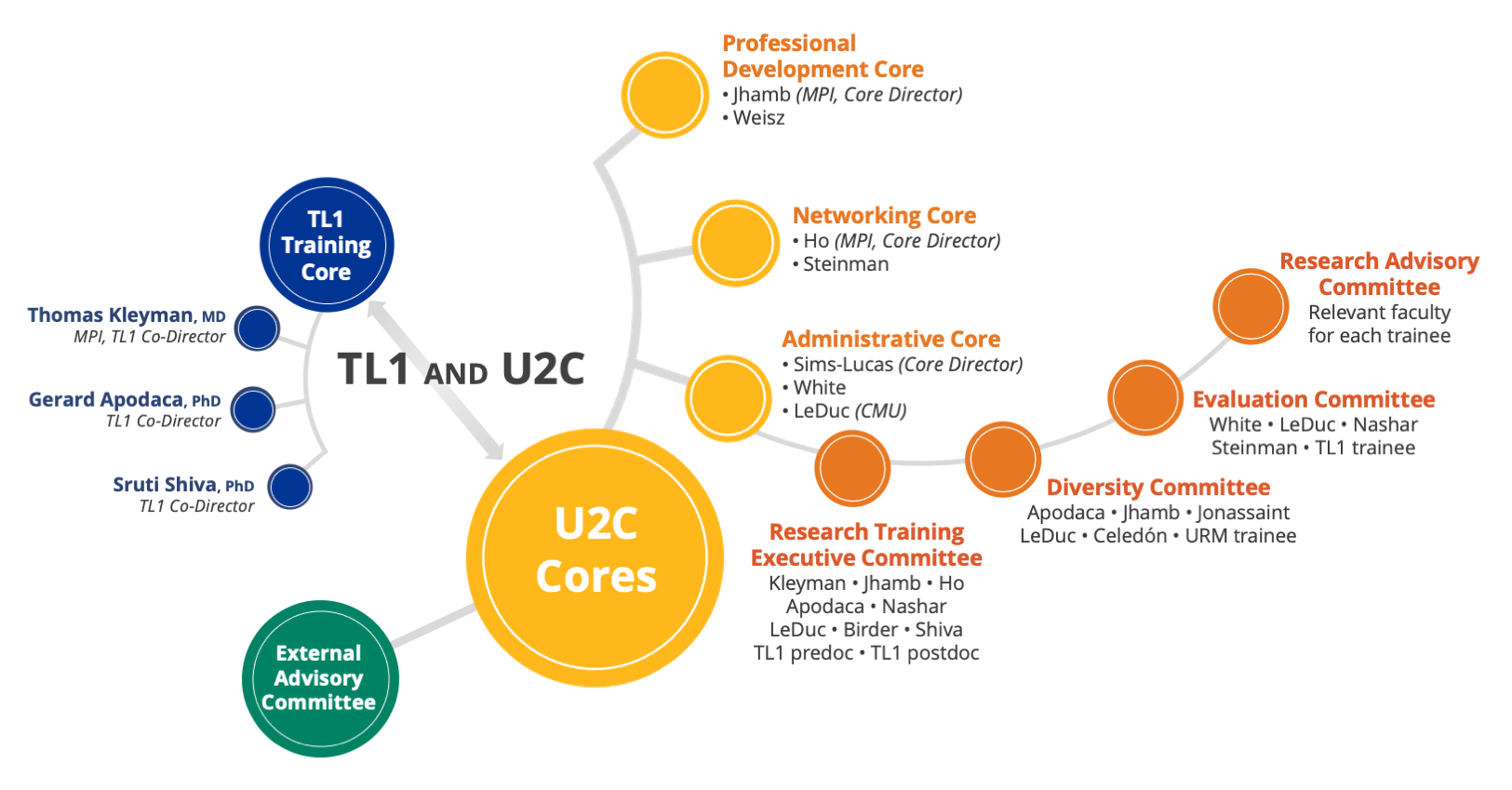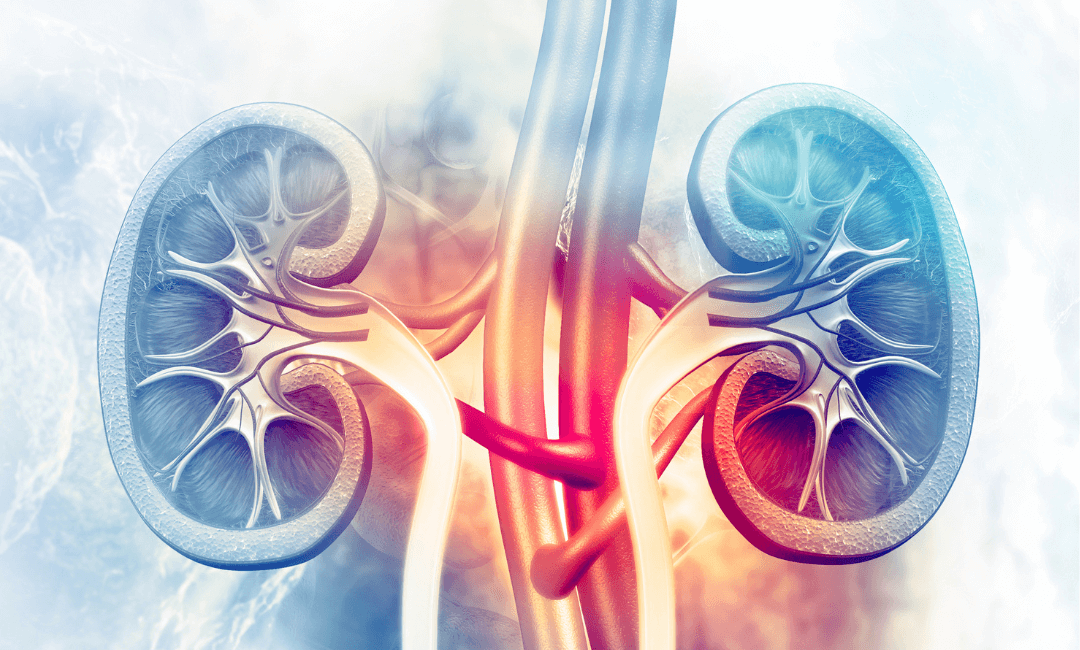So, with its successful 20-year T32 program focused on renal and epithelial biology ending, the Renal-Electrolyte Division submitted a successful U2C/TL1 proposal focused on training the next generation of KUH investigators in the Pittsburgh region. One of only 15 KUH U2C/TL1s in the nation, this new training program, led by Drs. Thomas Kleyman and Manisha Jhamb in the Renal-Electrolyte Division and Dr. Jacqueline Ho in the Department of Pediatrics, will prepare predoctoral students, physicians, and PhD postdoctoral trainees for biomedical research careers by providing a concentrated, in-depth research experience.

Tom Kleyman, MD – Director, Training Core

Manisha Jhamb, MD, MPH – Director, Professional Development Core
The PCT-KUH Networking Core will focus on building a vibrant and dynamic trainee community in kidney, benign urology, and benign hematology-based (KUH) research in Pittsburgh and Allegheny County. Engaging and exciting trainees early in their careers regarding KUH-focused research areas is critical to address the declining numbers of individuals entering the biomedical research workforce. The Pittsburgh region is uniquely equipped to leverage several already existing robust KUH-focused training programs on which to build this community, that include high school summer student research experiences, medical student/resident/fellow research and predoctoral/postdoctoral training. The Networking Core will support a robust mentoring environment for all KUH trainees, from high school students to early career development awardees, in an effort to increase the engagement of a diverse group of trainees early in their careers. The Core activities will include a weekly KUH-focused research seminar series, face-to-face structured interactions across disciplines at monthly workshops, and active peer to peer, peer-near peer and alumni networks.


